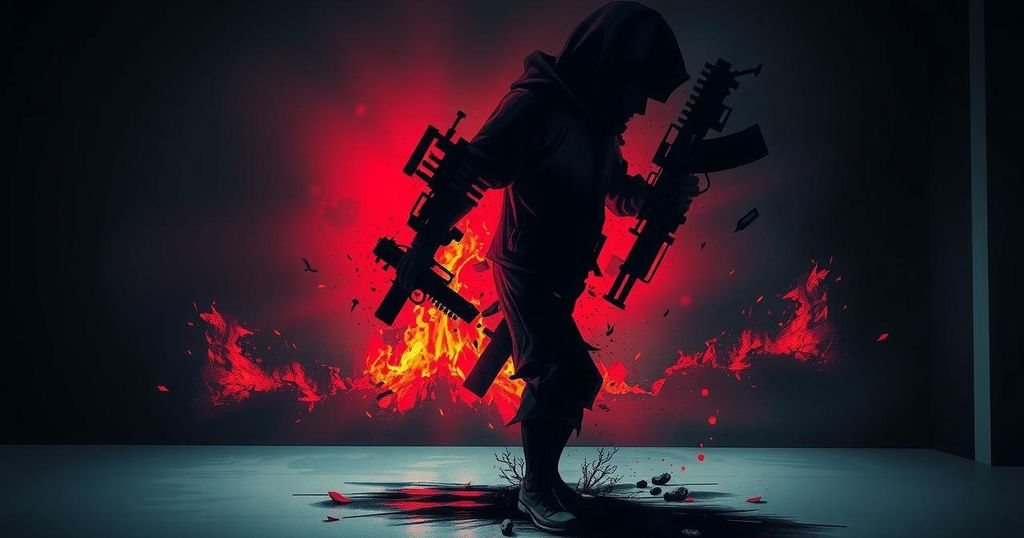India to Exercise Right to Defend Against Terror, Asserts Jaishankar

- India will defend itself against terrorism, states External Affairs Minister S. Jaishankar.
- Jaishankar’s visit includes key discussions at the Quad foreign ministers’ meeting.
- The Quad’s focus remains on securing a free and open Indo-Pacific region.
- Jaishankar underscores the need for zero tolerance towards terrorism globally.
- Plans for India’s next hosting of the Quad Summit highlighted by Jaishankar.
India’s Commitment to Counter Terrorism Takes Center Stage
In a significant show of diplomacy, External Affairs Minister S. Jaishankar made it clear this week that India will firmly exercise its right to defend itself against terrorism. During his recent visit to New York, which coincided with the Quad foreign ministers’ meeting in Washington D.C., he highlighted the urgent need for global unity under a zero tolerance policy toward terrorism. His remarks come as a response to the increasing concerns regarding terrorist threats within India. This engaging dialogue not only underscores India’s commitment to defending its citizens but also sets the tone for discussions with international partners.
Strategic Framework of the Quad Discussed
Jaishankar, during his speech at the Quad meeting, emphasized India’s position on taking decisive action against terrorism, urging that victims must not be equated with perpetrators. “The world must display zero tolerance…and we will exercise our right to defend our people against terrorism,” he said, stressing that this expectation extends to India’s Quad partners. Moreover, Jaishankar’s ongoing discussions aim to refine the Quad’s functionality, with planning for an upcoming leaders-level summit in India. The minister further highlighted the Quad’s existing projects, which range across maritime affairs, logistics, and educational frameworks—each pointing towards the cooperative ambitions of this four-nation alliance.
Navigating Indo-Pacific Relations Amid Tensions
India’s hosting of the next Quad Summit signifies an evolving role in the Indo-Pacific region, as Jaishankar notes the importance of a rules-based international order. The assertion that nations within the Indo-Pacific should have the freedom to make judicious decisions on development and security is becoming more vital. While Jaishankar aims to engage in fruitful bilateral talks during his visit, the backdrop includes emerging concerns about trade and defense issues among Quad allies. Noteworthy is the prevalent tension regarding the US’s recent engagements with Pakistan, and Japan’s hesitations over defense spending adjustments, thus creating a delicate atmosphere for India to navigate through its alliances with these key players.
In summary, Jaishankar’s statements reflect India’s unwavering resolve to defend against terrorism while reinforcing collaborative security measures with Quad partners. His visit is not merely about addressing immediate concerns but also about setting a broader strategic framework for the Indo-Pacific region. As tensions between countries persist, India’s leadership appears strapped with the challenge of advancing collective security even amidst bilateral disagreements.








